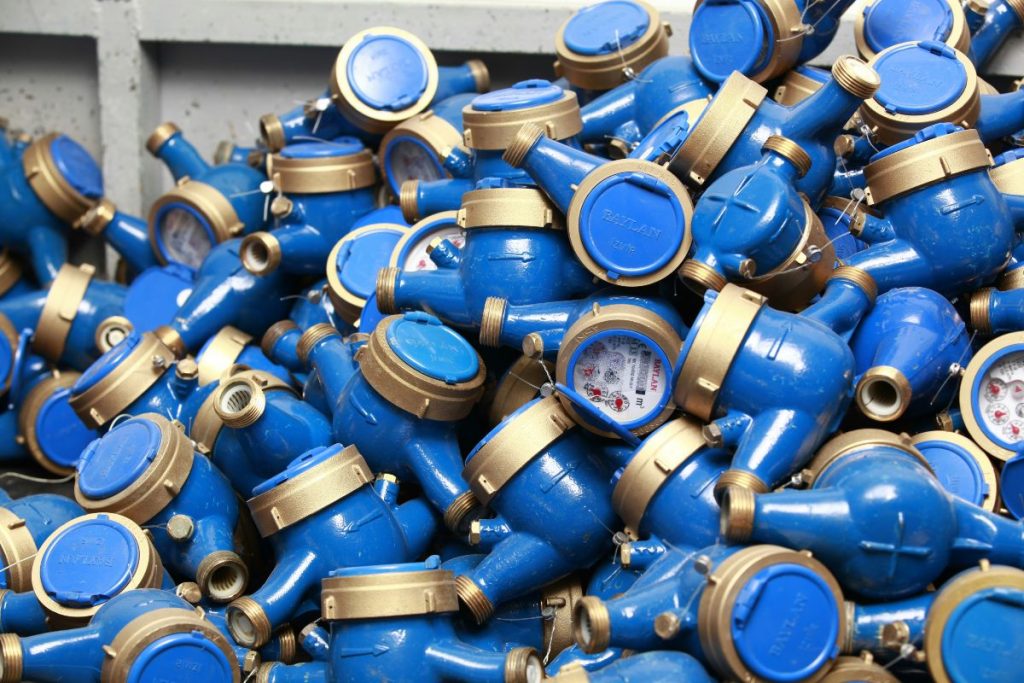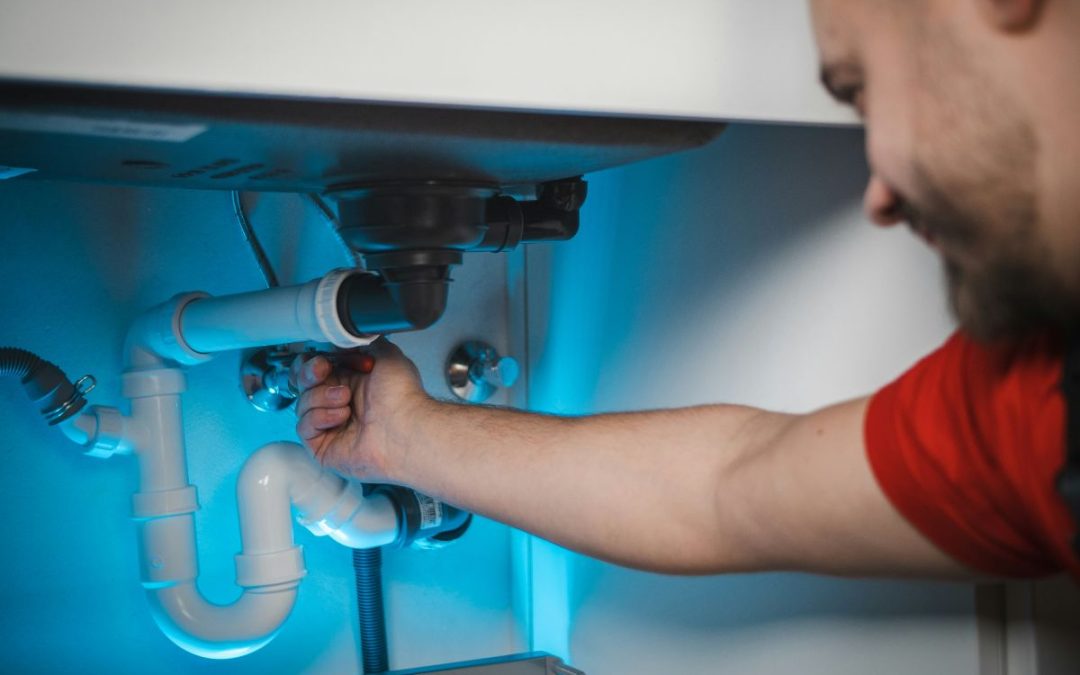Plumbing systems are the backbone of any Idaho home or business, ensuring safe water delivery and effective waste removal. To protect public health and property, Idaho has adopted rigorous standards for plumbing design, installation, and maintenance. At the center of these standards is the Uniform Plumbing Code (UPC), which serves as the foundation for the Idaho State Plumbing Code (ISPC).
Understanding UPC compliance is essential for homeowners, contractors, and anyone involved in plumbing projects across the state.
What Is the Uniform Plumbing Code (UPC)?
The Uniform Plumbing Code is a model code developed by the International Association of Plumbing and Mechanical Officials (IAPMO). It sets technical standards for plumbing system design, materials, installation, and testing to ensure safety and sanitation. The UPC is updated every three years through a consensus-driven process, allowing it to adapt to new technologies and best practices while maintaining high safety standards.
Idaho’s plumbing regulations are built upon the UPC, with state-specific amendments to address local needs and conditions. The Idaho State Plumbing Code (ISPC) is the official standard for all plumbing work performed in the state, and compliance with the ISPC means compliance with the UPC as adopted and amended by Idaho authorities.
How Idaho Adopts and Amends the UPC
The Idaho Plumbing Board, under the Division of Occupational and Professional Licenses, is responsible for adopting and updating the ISPC. When a new edition of the UPC is released, the Board reviews it, considers necessary amendments, and submits the revised code to the Idaho Legislature for adoption. This process ensures that the code remains current, practical, and tailored to Idaho’s unique climate and building practices.
Local cities and counties may adopt further amendments to the ISPC to address specific local concerns, provided these changes maintain at least the same level of protection as the state code. Any such amendments require a public hearing and notification to the state board, ensuring transparency and public input.
Who Must Comply With the UPC in Idaho?
UPC compliance is required for all plumbing installations in Idaho, whether performed by licensed contractors, journeyman plumbers, apprentices, or homeowners working on their primary residence. The code applies to new construction, remodeling, repairs, and system upgrades.
Homeowners can perform their own plumbing work in their primary residence, but they must obtain the proper permits and follow all code requirements. Rental properties and commercial buildings, however, require work to be completed by licensed professionals.
Key Requirements of UPC Compliance
UPC compliance in Idaho covers a broad range of plumbing system aspects, including:
Permitting and Inspections
All plumbing work in Idaho requires a permit from the local building department. After completion, the work must be inspected to ensure compliance with the Idaho State Plumbing Code (ISPC). Any non-compliant installations must be corrected and reinspected before approval.
Materials and Workmanship
Only code-approved materials and installation methods are permitted. This includes the use of approved pipe types, fittings, fixtures, and techniques that ensure long-term safety and durability.
System Testing
Before use, plumbing systems must undergo pressure testing and inspections to detect any leaks or defects. These tests may be observed by the authority having jurisdiction to verify compliance.
Backflow Prevention
To protect public health, devices must be installed that prevent contaminated water from flowing back into the potable water supply.
Fixture Requirements
Plumbing fixtures must meet minimum quantity and type standards based on the building’s occupancy and intended use. This ensures adequate sanitation and accessibility.

Water Supply and Distribution
Pipes must be properly sized and installed to meet pressure requirements and ensure consistent, safe water delivery throughout the building.
Drainage and Venting
Systems must be correctly sloped and vented, with appropriate cleanout access, to guarantee effective drainage and to prevent sewer gases from entering the building.
Common Plumbing Services Requiring UPC Compliance
Two of the most common plumbing services that must adhere to UPC standards in Idaho are water line installation and leak repair.
Water Line Installation and Repair
Whether installing a new water main or repairing an existing line, UPC compliance ensures that water lines are properly sized, made from approved materials, and installed to prevent leaks, contamination, and pressure issues. Professional plumbers use advanced techniques for leak detection, corrosion repair, and trenchless water line replacement to minimize disruption and maintain compliance.
Leak Repair
Leak repair is not just about stopping water loss—it’s about ensuring the integrity and safety of the entire plumbing system. UPC-compliant repairs address the root cause, use approved materials, and restore the system to code, protecting the property and preventing future issues.
The Importance of Professional Expertise
While Idaho allows homeowners to perform some plumbing work, the complexity of the UPC and the risks of non-compliance make professional expertise invaluable. Licensed plumbers are trained in code requirements, permitting, and inspection processes, ensuring that all work meets or exceeds state standards. This reduces the risk of costly mistakes, water damage, and code violations that could impact property value or safety.
Get UPC-Compliant Plumbing in Bayview with Burkhart Plumbing
Meeting Idaho’s UPC requirements takes takes training, licensing, and up-to-date knowledge of local code. At Burkhart Plumbing, our experienced team ensures every repair, installation, or system upgrade in Bayview, Coeur d’Alene, and the surrounding areas fully complies with the Idaho State Plumbing Code based on the Uniform Plumbing Code (UPC).
Start your service request today and keep your home or business safe, efficient, and up to code.

